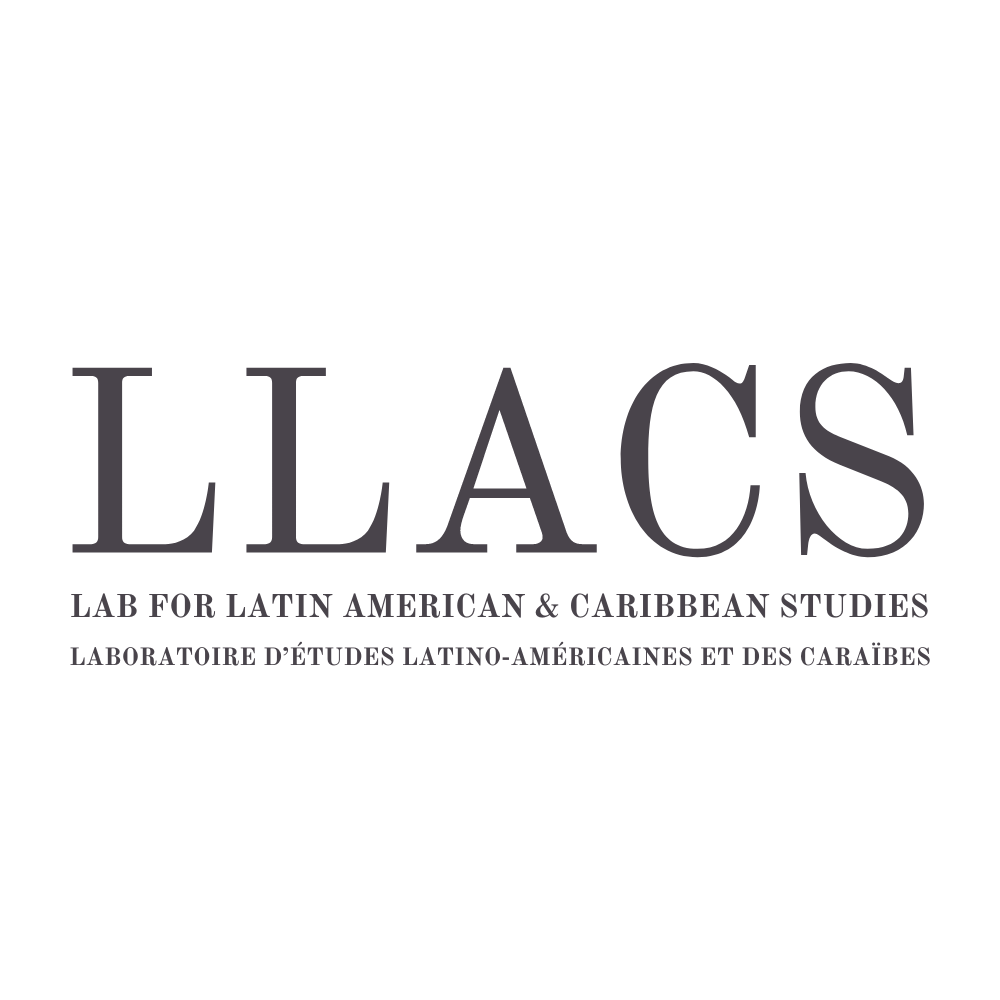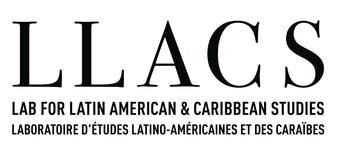Lab for Latin American & Caribbean Studies
Founded in 2016, LLACS is a space for student-researcher collaboration on interdisciplinary research projects related to the Latin American and the Caribbean region.
Research Topics
-
Informality, violence and resistance in Latin America and the Caribbean
This project addresses the issue of scarce research on marginalized citizens’ preferred responses to chronic violence in Latin American and Caribbean cities, and does so by co-producing knowledge with the researched populations. The long-term, ingrained use of force and power causing physical and psychological damage among the millions of citizens living in urban informal settlements and working in informal jobs is an important development concern. People who find themselves having to build their own shelters and invent activities to generate income with no regulatory support from the state are often the most vulnerable to violence, whether from the police, organized crime, or social and economic contacts or elites. But state and societal indifference to these people, their own mistrust of the state, and the potential danger to researchers seeking information on violence, means that they and their daily strategies of resistance largely remain invisible. This project seeks to fill this gap with data from the cities of Medellin (Colombia), São Paulo (Brazil), and Kingston (Jamaica).
-
Middle Class Identities and Democracy in Brazil
The objective of this project is to explore the tenuous relationship between the middle classes and democracy in Brazil. It analyzes the formation of the traditional and the new middle classes, focusing on how institutional and economic contexts frame their relationships with each other, with elites, and with the lower classes, and on how these relationships help to construct perspectives on citizenship rights and political regimes. Data from ethnographic fieldwork in São Paulo are examined.
-
Knowledge Production through Participatory Democracy in Brazilian Water Management
The objective of this project is to understand how the participatory process shapes knowledge production of issues related to water management in Brazil. This research focuses on how institutional design and participatory practices of Brazilian participatory institutions governing water can contribute or hinder knowledge production. This research also employs a subnational comparison between two Brazilian cities – São Paulo and Belo Horizonte. Data collection consisted of field research from 2018 and 2019 in São Paulo and Belo Horizonte.
-
Obstacles for the Development of Public Security Policies in Line with Human Rights in Brazil
Brazil is among the countries with the highest levels of violence in the world. Homicide is the main cause of death among youth in Brazil, especially Afro-Brazilian males in the poor suburbs and favelas of metropolitan areas. Although preliminary studies show that preventive programs in line with human rights are more effective in reducing rates of lethal violence than overly repressive approaches, the state continues to allocate more resources to repressive policies and police remain among the worst perpetrators of lethal violence in Brazil. This research project aims to identify and analyze the main obstacles to the development of preventive initiatives and the overcoming of practices that threaten human rights in Brazilian public security policies. It focuses on the relationship between institutional legacies and ideas in the processes of institutional maintenance and change in public policies.
-
Embedded Economic Practices in Antigua’s Municipal Market
This paper seeks to determine what factors explain the persistence and pervasiveness of the imbrication of the formal, informal and illegal economic sectors. It studies the relationship between stall owners, the market administration, the union and the police and how changing social, political and economic contexts motivate their selection of economic practices which in turn leads to the persistence of the imbrication of the formal and informal sectors. The relationship between This is examined using data gathered over a period of five months from April to August 2018 in the municipal market in the town of Antigua, Guatemala.


